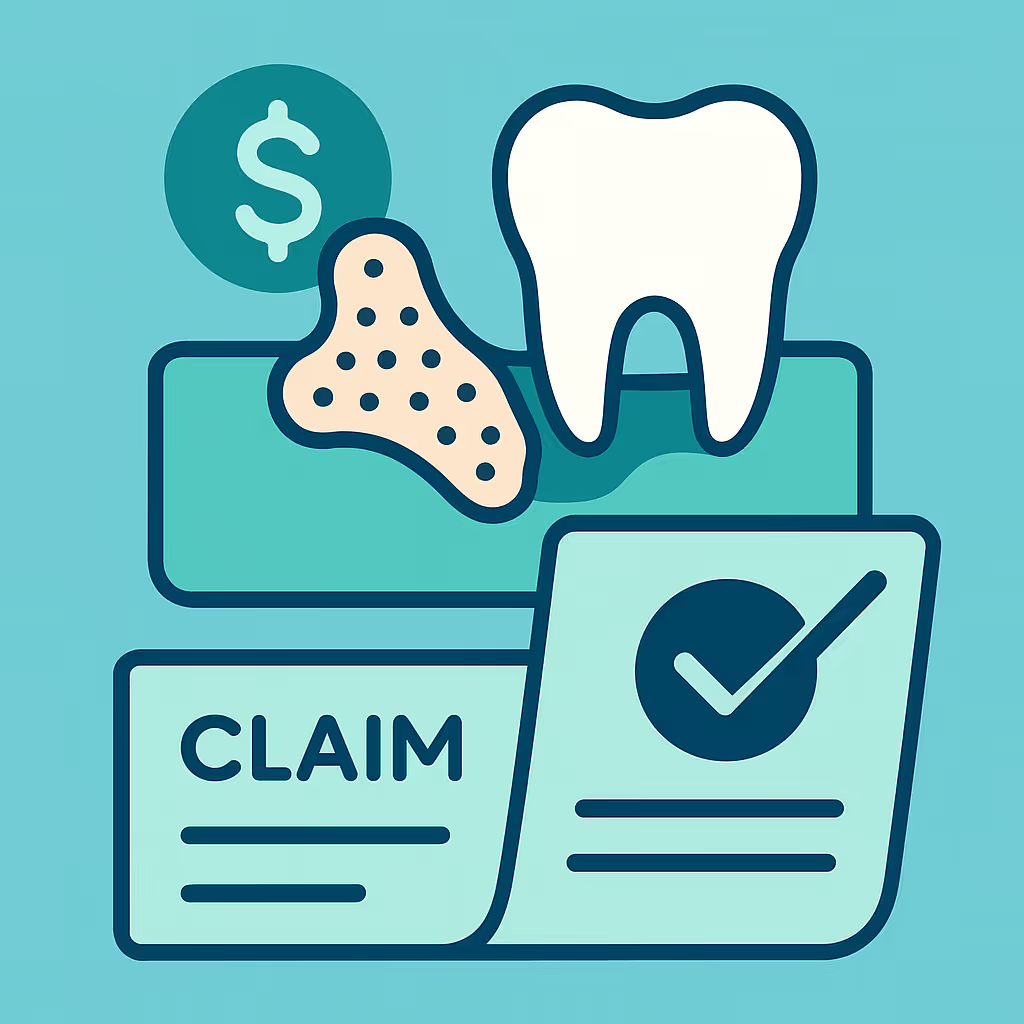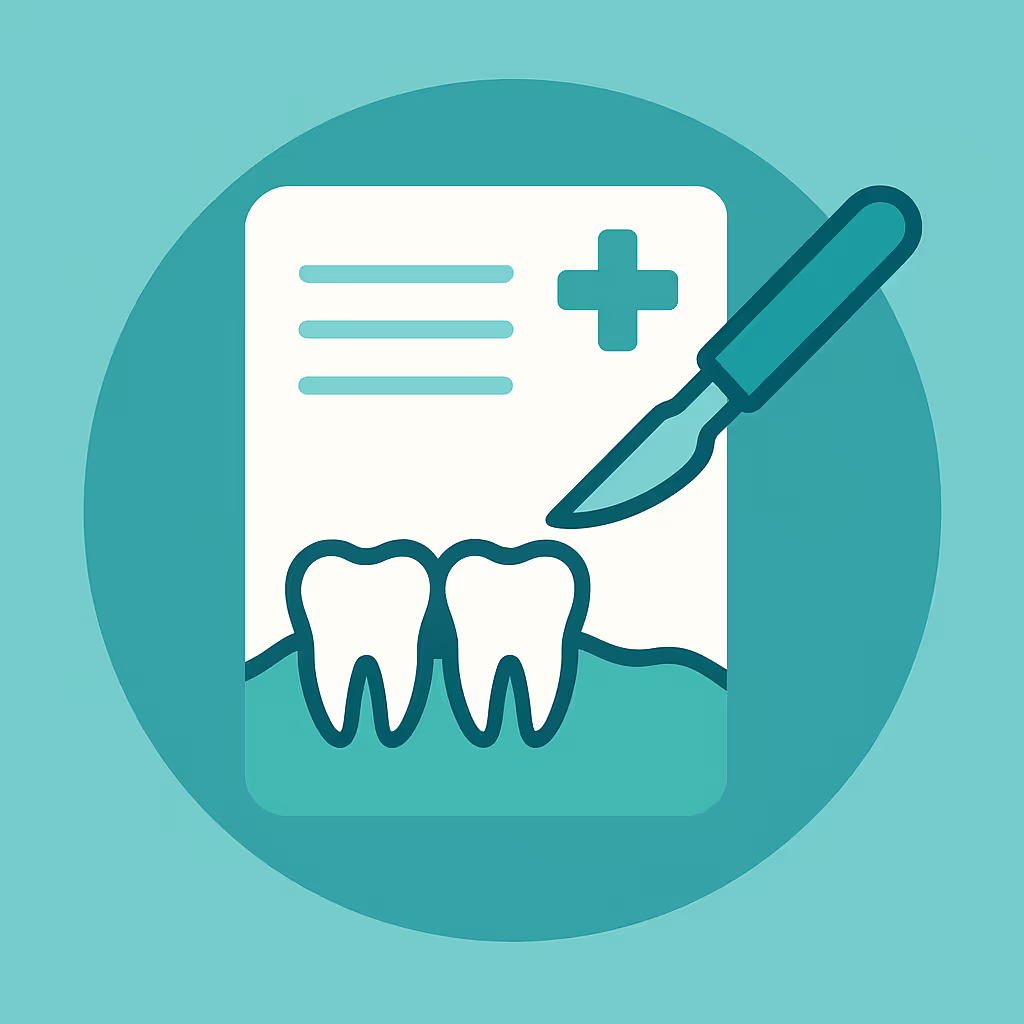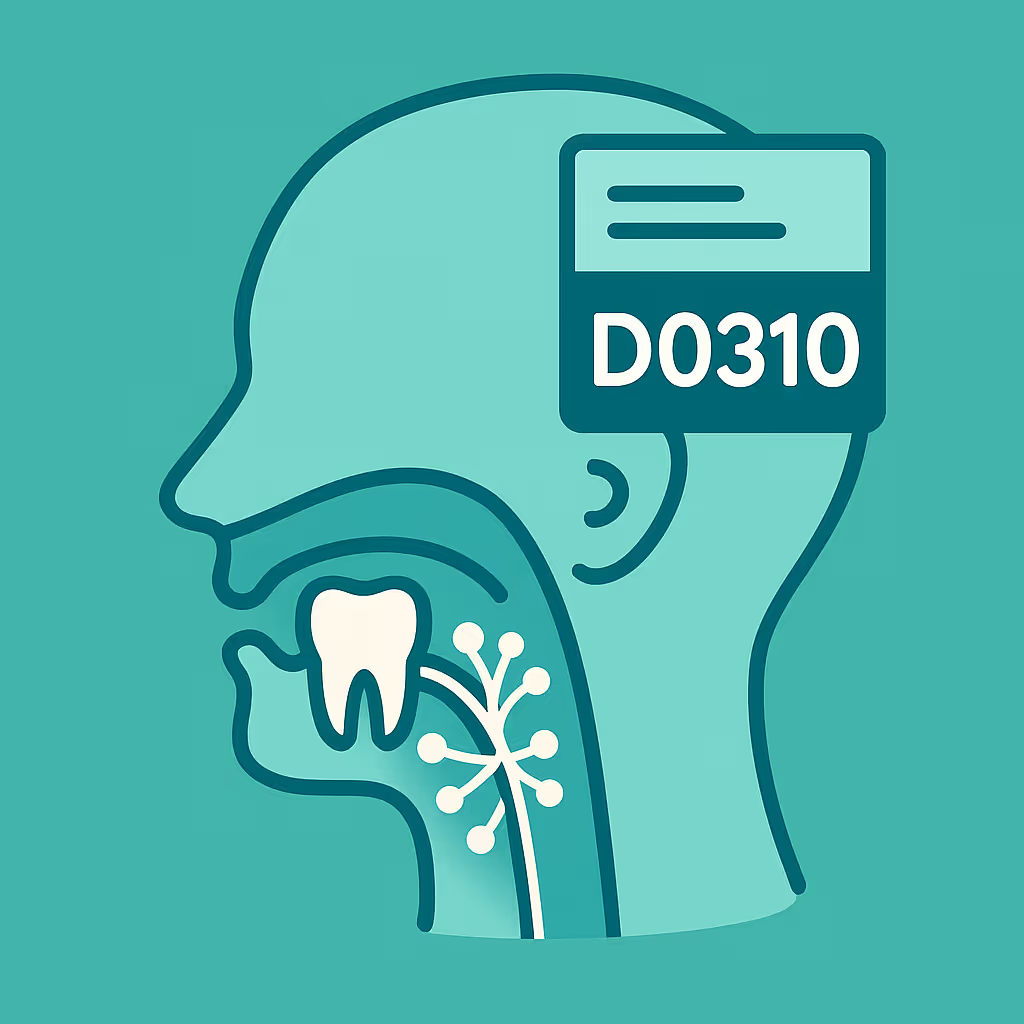Understanding Dental Code D9994
Dental billing teams know that accurate coding is essential for efficient revenue cycle management and timely reimbursement. One CDT code that is increasingly relevant for comprehensive patient care is D9994 dental code, which covers dental case management services. Understanding when and how to use this code can help your dental practice optimize claims, improve patient outcomes, and streamline administrative workflows.
When to Use D9994 dental code
The D9994 dental code is designated for dental case management services. Specifically, it is used when a dental professional provides coordinated care to help a patient navigate complex treatment plans, multiple providers, or significant barriers to care. Common scenarios include patients with special healthcare needs, chronic conditions, or those requiring extensive interdisciplinary coordination.
Use D9994 when your team actively assists patients with:
- Scheduling and coordinating appointments across specialties
- Helping patients understand and adhere to treatment plans
- Facilitating communication between dental, medical, and behavioral health providers
- Arranging transportation or translation services for dental visits
It's important to note that D9994 is not intended for routine scheduling or basic patient reminders; it should reflect a higher level of care coordination and advocacy.
Documentation and Clinical Scenarios
Proper documentation is critical for successful reimbursement of D9994. Your clinical notes should clearly outline:
- The specific barriers to care the patient faces
- The steps your team took to coordinate care (e.g., calls made, appointments arranged, resources provided)
- The outcome or benefit to the patient as a result of your intervention
For example, a patient with developmental disabilities may require coordination between their general dentist, oral surgeon, and primary care physician. Document each interaction, the rationale for coordination, and how it improved access or adherence to care.
Insurance Billing Tips
Billing D9994 requires attention to payer policies, as not all dental or medical plans reimburse for case management services. Here are best practices to maximize claim acceptance:
- Verify coverage: Check with the patient’s insurance during verification to confirm if D9994 is a covered benefit.
- Submit detailed documentation: Attach clinical notes and a narrative describing the case management activities to your claim.
- Use correct modifiers: If the payer requires modifiers for case management, ensure they are included on the claim form.
- Appeal denials: If a claim is denied, review the Explanation of Benefits (EOB) for reasons and submit an appeal with additional supporting documentation if needed.
Staying proactive with insurance verification and thorough documentation will help reduce Accounts Receivable (AR) days and improve cash flow.
Example Case for D9994
Consider a pediatric patient with autism who requires dental surgery under general anesthesia. The dental office’s case manager:
- Coordinates with the patient’s pediatrician to obtain medical clearance
- Arranges for an anesthesiologist and hospital operating room
- Communicates with the family about pre- and post-operative instructions
- Secures transportation for the family on the day of surgery
Each step is documented in the patient’s record, demonstrating the complexity and necessity of case management. In this scenario, billing D9994 is appropriate and supports the practice’s efforts to deliver comprehensive, patient-centered care.
By understanding and correctly applying the D9994 dental code, your practice can ensure proper reimbursement for the valuable case management services you provide, while also enhancing patient satisfaction and outcomes.





